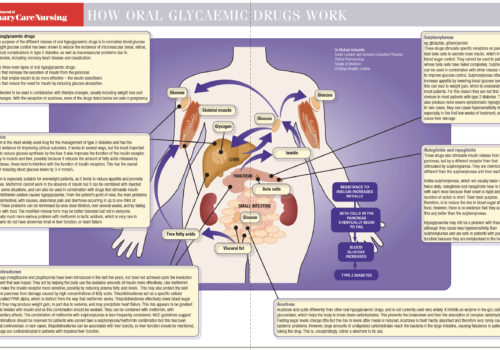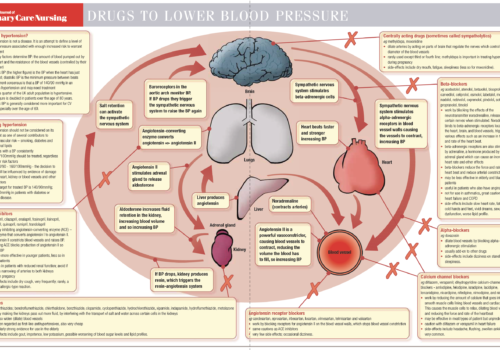Insulin pumps – small devices that deliver insulin at regular intervals and on demand – are proving increasingly popular with patients with type 1 diabetes who find their glucose levels difficult to control with injections or who have other complications. They can offer significant benefits in terms of overall glucose control and patient’s quality of life. In this article we review how insulin pumps have developed over the last 40 years, how modern pumps are used, which patients should be considered for their use and cost issues associated with these devices.
























